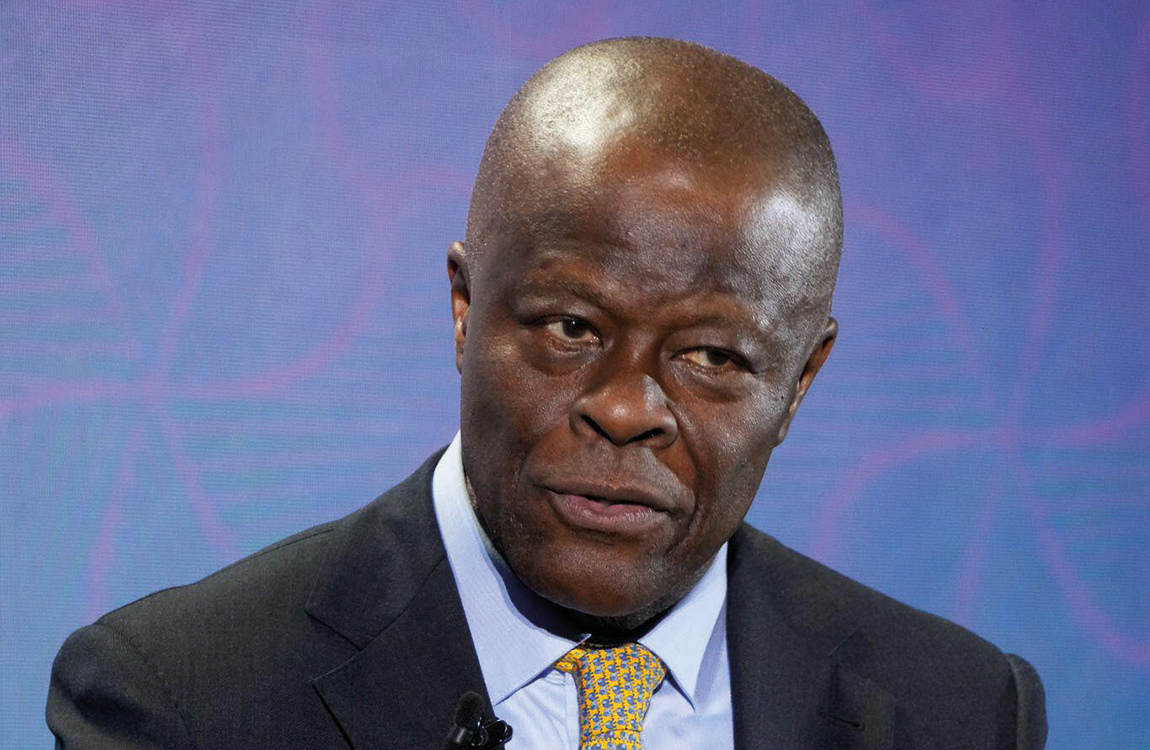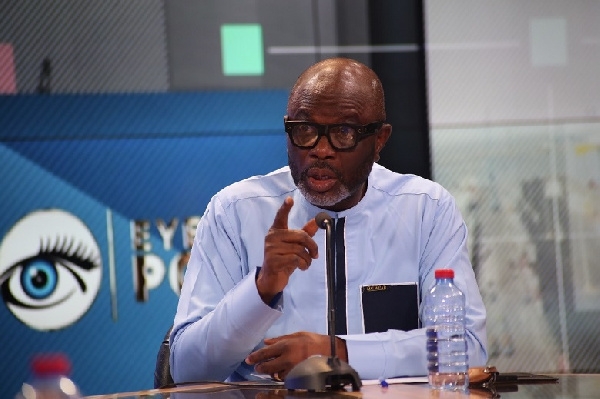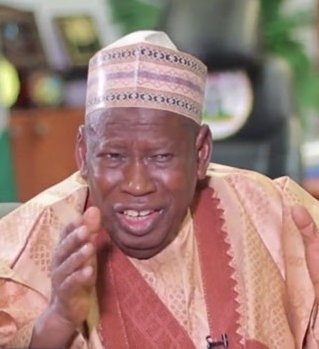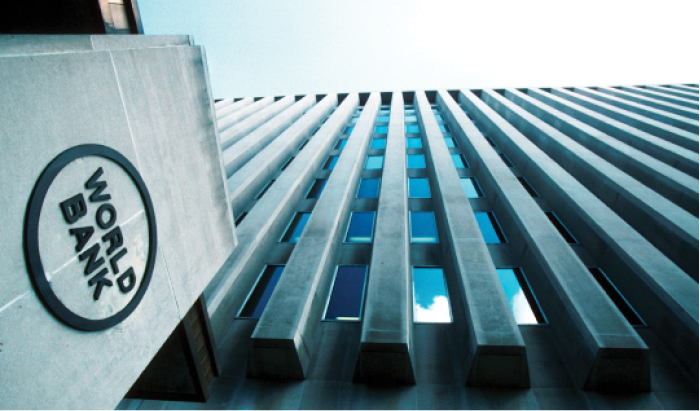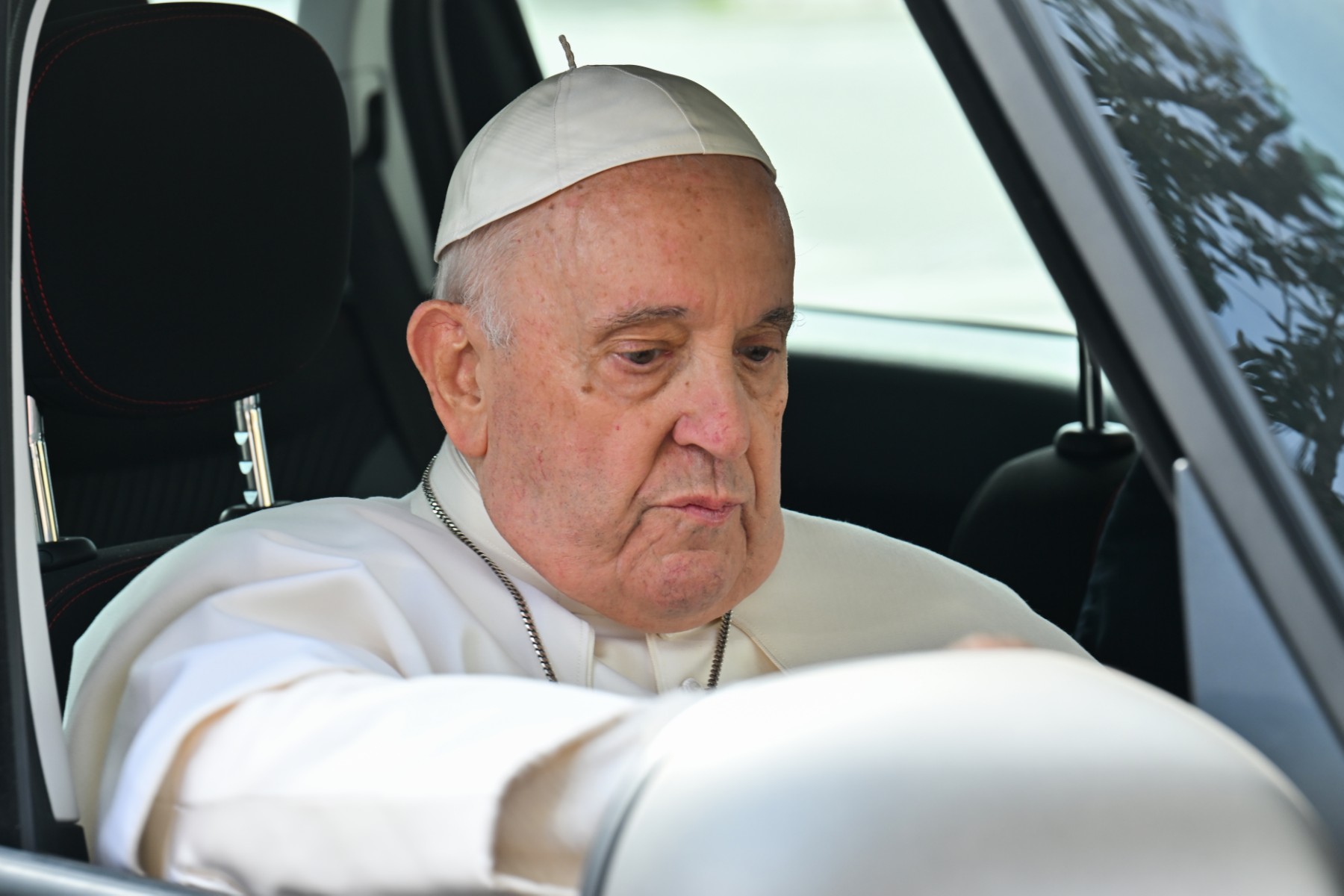The presidential candidates of the Peoples Democratic Party (PDP) and Labour Party (LP) in the 2023 general election, Atiku Abubakar and Peter Obi, have denied reaching any agreement on a power-sharing deal for the 2027 presidential race.
The speculation emerged following a report that Atiku had offered Obi the vice-presidential slot on a joint ticket for the 2027 elections, allegedly committing to serve only one term. The report claimed this proposal was first discussed during a private meeting between the two men earlier this year in the United Kingdom.
It further alleged that Obi was working to secure the support of his key loyalists for the alliance.
But addressing the rumour on Monday, Obi dismissed the reported arrangement, insisting that those claiming he had agreed to run as anyone’s deputy were engaging in selfish politics detrimental to national progress.
The former Anambra State governor, who was Atiku’s running mate in the 2019 presidential election, stressed that his focus remained on promoting good governance and addressing issues affecting Nigerians.
Obi made the clarification during a visit to the Bishop of the Anglican Diocese of Kubwa, where he also donated N20 million to support the diocese’s hospital and school.
Also, former Vice President Atiku described the speculation as unfortunate, stressing that the coalition effort he is championing, along with Obi and other leaders, is still at the exploratory stage and focused on providing a credible alternative platform for Nigerians.
Speaking through his media aide, Paul Ibe, Atiku said, “We must be very careful about speculation.
“Right now, Atiku and all the other coalition leaders, including Obi, are focused on birthing this coalition in response to Nigerians’ yearnings. Nigerians believe this administration must go. They want to reclaim their country.
“If we are already discussing positions, it’s like putting the cart before the horse. People are engaging in dialogue with varying perspectives, but until a concrete position is taken by those in the discussion, anything to the contrary is just speculation.”
Ibe added: “The process is ongoing. A lot of ground has been covered. The focus now is on building a viable platform. Speculation at this point is unhelpful to the process or to what they are trying to achieve. That’s not where they are at the moment.”
Speaking further, Obi said, “I am in a coalition against hunger, poverty, and ill health. Politics for me is not about position; it is about doing the right thing. I just returned from Rome this morning, and my focus is on the education of our children, not on political appointments. In Nigeria, we often avoid the real issues—what we should be discussing is how to educate our children.”
Obidient Movement reacts
Similarly, the Obidient Movement, Obi’s support group, denied the report. Its National Coordinator, Dr Yunusa Tanko, described it as baseless.
“I have been in direct contact with Peter Obi, and there has been no discussion or agreement of this nature,” Tanko told Daily Trust. “Although discussions around building a coalition for 2027 are ongoing, no such conclusions have been reached. These kinds of insinuations are unhelpful and misleading.”
Hajiya Nana Kazaure, Director of Strategic Communication and Media for the movement, issued a follow-up statement to clarify their position.
She said the group had been inundated with enquiries from members within and outside the country, following media claims that Obi had accepted the role of running mate to Atiku in a new coalition arrangement.
“Even though the report is fabricated, we find it necessary to respond to prevent public misunderstanding,” she said. “While cordial and open engagement with our partners continues, we categorically state that there is no truth to the claims.
“Mr Obi has been clear that his involvement in any coalition is aimed at tackling bad governance, corruption, hunger, poverty, inadequate healthcare, and the crisis of out-of-school children. Our politics must be progressive and people-centred—not about seizing power for its own sake.”
Kazaure reaffirmed that Obi remains a member of the Labour Party and that any change in affiliation would be publicly announced by him.
“We urge the media and the public to avoid sensationalism and speculative reporting. At this critical time, the focus should be on contributing to building a better Nigeria,” she said.
Political analysts weigh in
Reacting, Professor Gbade Ojo, a political scientist, said the coalition narrative was always a risky political gamble.
“The expectations of some Nigerians are that Atiku should retire from politics, as many now see him as worn out. On the other hand, Obi is viewed as overly ambitious and, in some quarters, as an Igbo irredentist—someone perceived to be determined to become president at all costs,” Ojo told Daily Trust.
He argued that any workable alliance would more likely have to be between the Yoruba and the Southeast.
“But the Yoruba are unlikely to relinquish their hold on power. They are waiting for President Tinubu to complete a second term, just as Buhari was allowed to despite his shortcomings. Now that power is in the South, many southerners are unwilling to admit Tinubu is underperforming—they want him to finish his tenure.”
According to Ojo, Obi’s rejection of the deal could be strategic.
“Such a coalition would have made more sense in 2023. Obi may have been better served by waiting for Tinubu’s exit before making a strong move.”
Also commenting, Dr Ibrahim Yahaya, a political scientist at Al-Hikmah University, said Obi’s recent comments upon returning from Rome may have dashed any hope of a revived alliance with Atiku.
“After the 2023 elections, the paths of Atiku, Obi, and the electorate have clearly diverged. The forces behind the Obidient Movement have shifted, and their momentum is unlikely to remain intact by 2027,” Yahaya noted.
He said Obi’s stance suggests a deeper political calculation.
“Atiku may not have much of a political future in 2027. Age is not on his side, and his party remains fractured, especially with unresolved issues around Wike, who is still a political landmine for the PDP.”
Yahaya advised Obi to recalibrate his approach and build wider alliances.
“As a southerner, he would do well to soften his posture, expand his influence across the North, and cultivate broader support before contesting again. Timing is everything, and rejecting an alliance now might be a way of playing the long game.”
However, Abubakar Ibrahim, a political analyst and Director of Information at the Federal University of Lafia, sees merit in a joint Atiku–Obi ticket.
“Together, Atiku and Obi command millions of votes. A united front could pose a strong challenge in 2027,” he said.
Ibrahim noted that many opposition parties—PDP, NNPP, APGA, SDP—have been weakened and infiltrated, making unity between Obi and Atiku a potential necessity.
“Without such collaboration, the opposition may stand little chance,” he warned.
Lukman Abubakar, a political and data analyst based in Kaduna, said Obi’s response was unsurprising.
“Obi is clear about his focus—tackling the root causes of Nigeria’s problems. His reaction shows he is not distracted by political noise,” he said.
He added that the early focus on 2027 alliances indicates political actors are already positioning themselves for the next election cycle but stressed that message control and public perception will be crucial.
By Abbas Jimoh, Al-Mustapha A. Mustapha (Abuja) & Mumini Abdulkareem (Ilorin)


